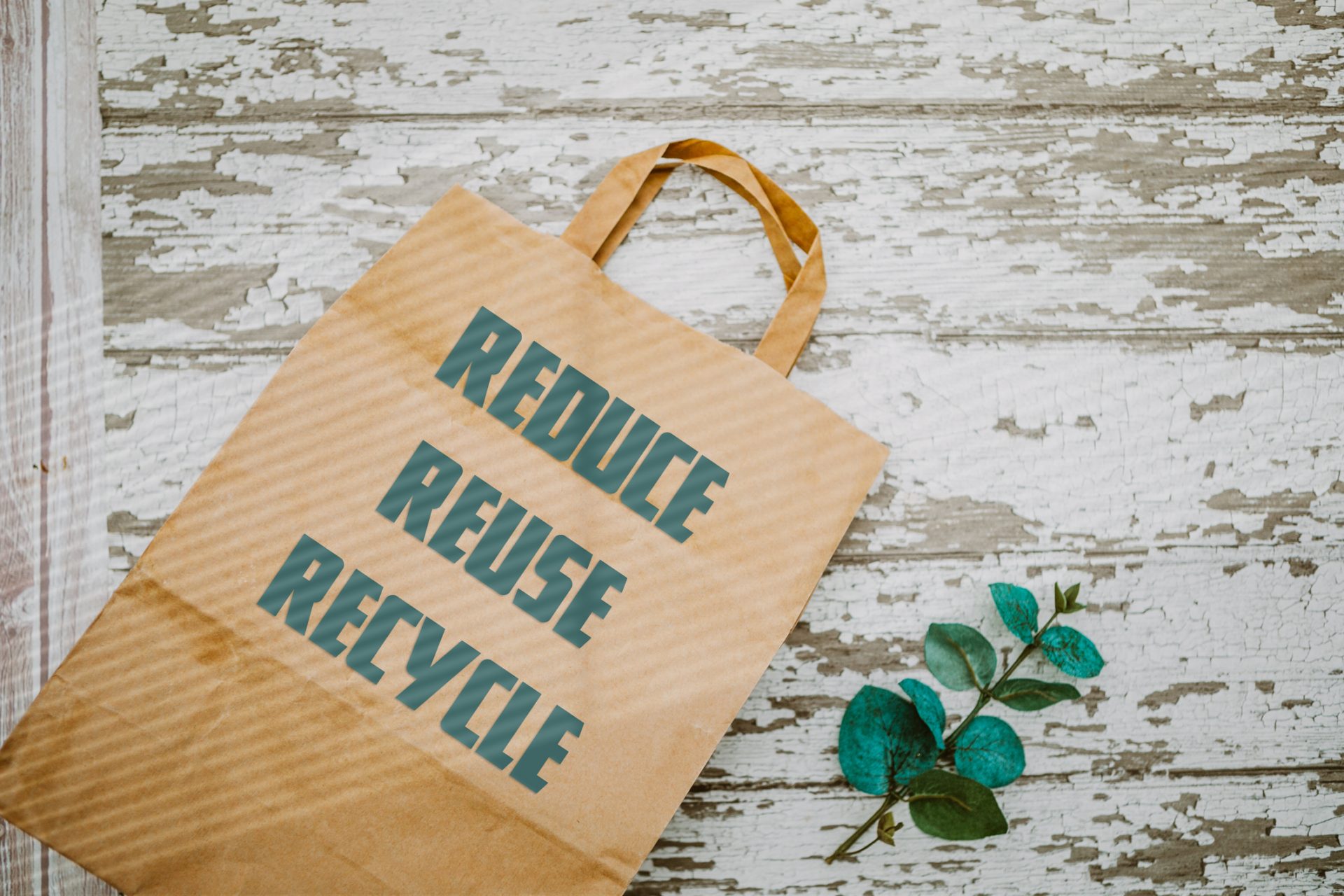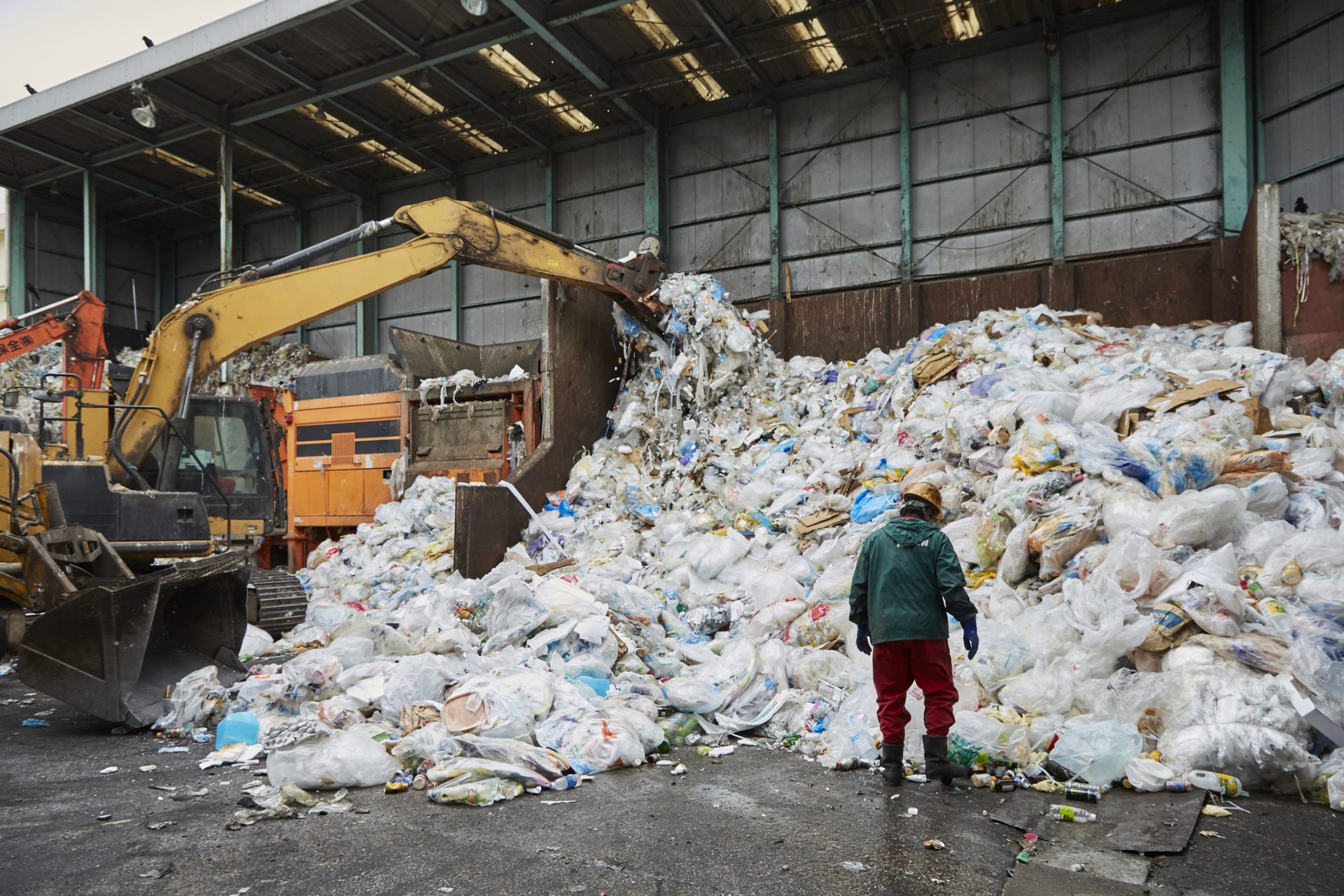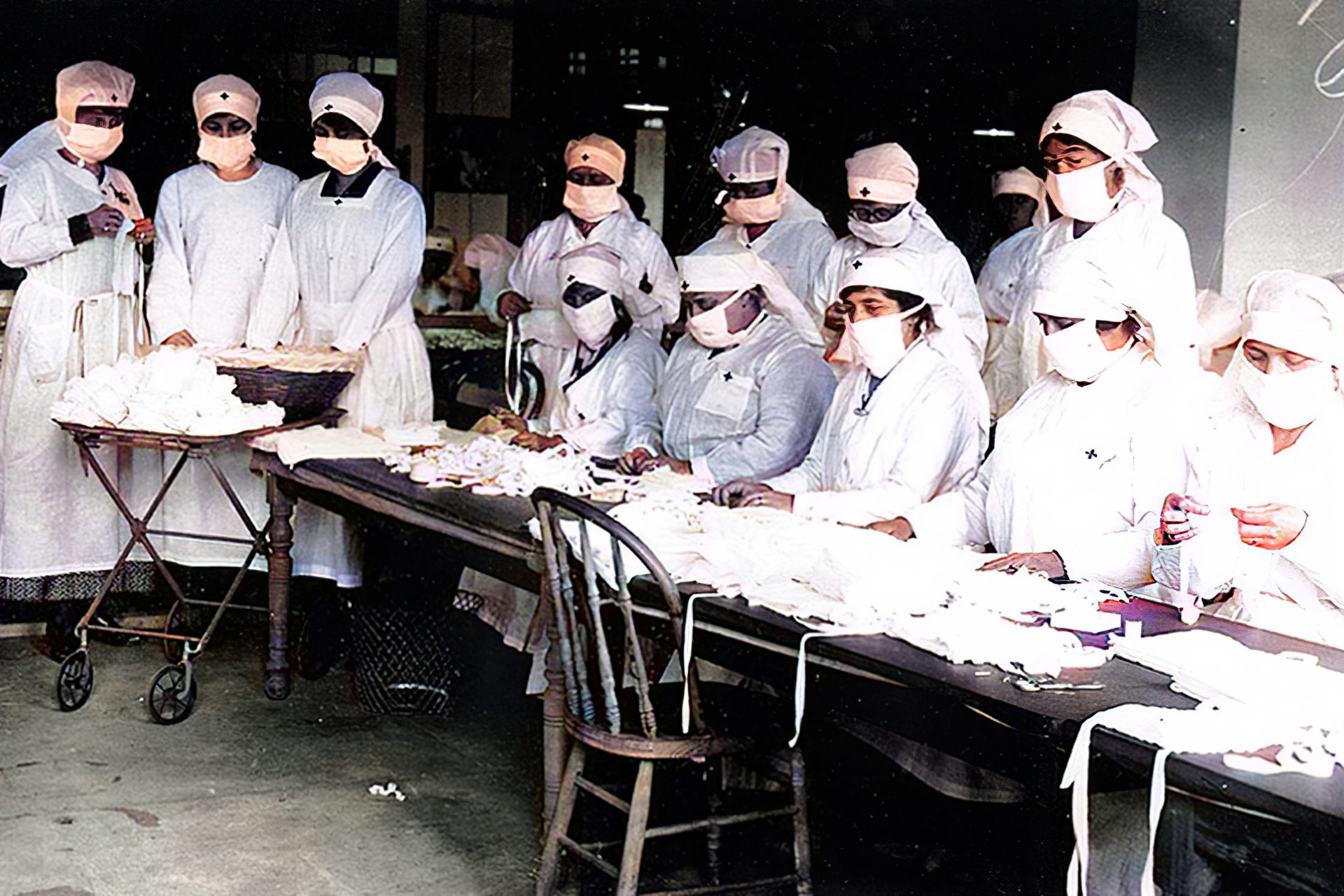New research suggests recycling might be harming our environment
Recycling has become a fundamental pillar of the world's efforts to help reduce climate change and clean up the environment through the reuse of plastic, glass, and paper goods. But could these efforts actually be causing harm to the planet?
You might believe that tossing your plastic soda bottle into a blue bin is helping to reduce global waste and keep the planet clean but a study from May 2023 revealed that recycling comes with its own set of big problems.
Published in the Journal of Hazardous Material Advances, the study found that recycling may actually be causing some serious environmental damage through the creation of millions of microplastic particles.
According to the study's authors, this is possible due to the way the world's modern recycling facilities end up processing the used plastic materials that come through their plants on a daily basis.
The study's authors wanted to understand the relationship between the potential creation of microplastics and plastic recycling plants, so they looked at a single plant in the United Kingdom (UK) to draw conclusions about how recycling could be creating microplastics.
In the facility studied, plastic waste was broken down in several steps and was washed after each, which created a slew of wash water contaminated with microplastic particles.
“Their microplastics tally was astronomical,” wrote Wired’s Matt Simon, who reported on the study’s findings and gave his analysis of the consequences of plastics recycling.
“Even with filtering, they calculate that the total discharge from the different washes could produce up to 75 billion particles per cubic meter of wastewater,” Simon added.
The Wired journalist went on to comment that this microplastic-laden water could get put into a city’s water system or directly into the environment depending on the facility.
Most of the particles created by the recycling process were found to be smaller than 10 millionth of a mole, which the study’s authors said made them "environmentally relevant."
In their conclusion, the study’s authors noted that current recycling processes could be a potential source of environmental pollution but added that more research was needed.
“It seems a bit backward, almost” the study’s lead researcher Erina Brown explained to Simon, “we do plastic recycling in order to protect the environment, and then end up increasing a different and potentially more harmful problem.”
Luckily, Brown and her colleagues didn’t have just bad news for recycling enthusiasts. Simon noted that the study showed filtration in processing plants made a big difference.
Without filtration, the recycling plant Brown and her colleagues studied would have been producing upwards of 6.5 million pounds of microplastics per year according to Simon. With filtration, the facility was able to cut that number to 3 million pounds per year.
“So it definitely was making a big impact when they installed the filtration,” Brown told Simon. “We found particularly high removal efficiency of particles over 40 microns.”
Still, 3 million pounds of microplastic pollution from one processing facility is a hefty cost to bare when there are other solutions that could make a bigger difference. Removing plastics from our lives might just be the real key to solving this ever-deepening crisis.
More for you
Top Stories





























